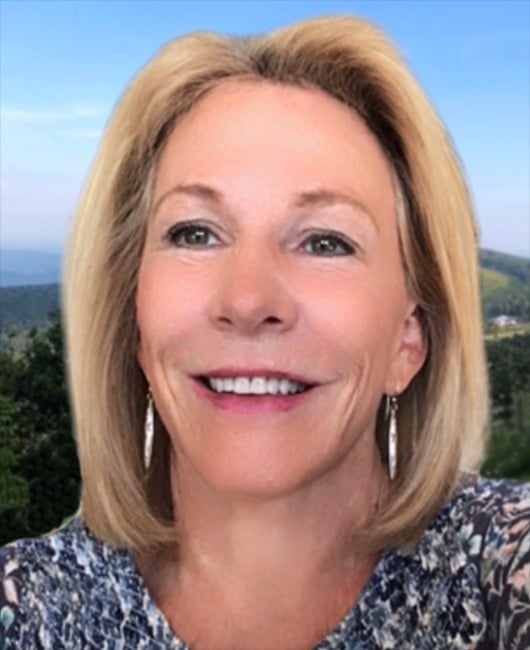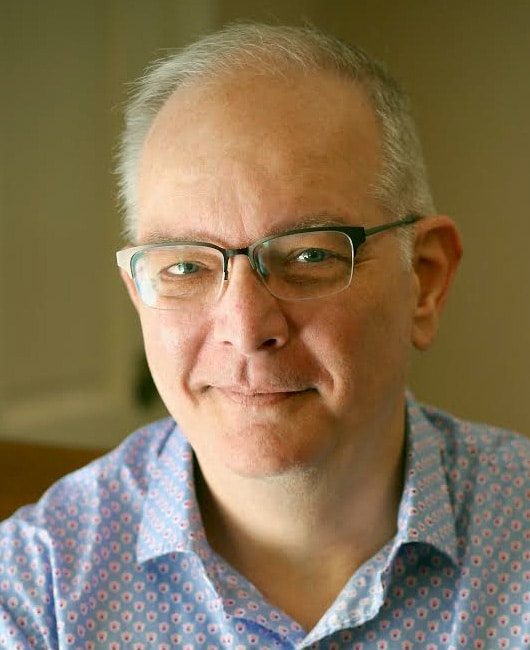About Us
Shepherd Fountain, MSW, LCSW, LCAS
Shepherd is a master level therapist with more than 25 years of clinical experience in the areas of mental health as well as substance use disorders (abuse and addiction). Shepherd encourages and supports each client’s efforts to meet life’s challenges with practical, healthy coping strategies. Her wealth of professional experience equips her with a depth of compassion, empathy, and wisdom that education alone cannot provide. She is credentialed as a Licensed Clinical Social Worker by N.C.’s Social Work Certification and Licensure Board (NCSWCLB), and as a Licensed Clinical Addiction Specialist by N.C.’s Addiction Specialist Professional Practice Board (NCASPPB).
She draws from the 12-step treatment model, as well as other accepted modalities. Shepherd recognizes that substance use disorders are not moral failures, but illnesses that can be treated. Her clients and their loved ones can learn new and healthier ways in which to live life. Shepherd facilitates weekly Women’s Issues Groups for clients seeking or experiencing recovery.
“I can be changed by what happens to me, but I refuse to be reduced by it.”
Maya Angelou
Letter to My Daughter, 1987
Contact Shepherd
919-788-8002
sfountainarbor@gmail.com
Contact Ashley
919-744-1504
arborcounseling.corbin@gmail.com
Ashley Corbin, MS, CADC
Ashley is a master degree level counselor and self-care coach with more than 20 years of clinical experience in the areas of codependency as well as substance use disorders (abuse and addiction). Ashley meets each client where they are emotionally and situationally. He helps them explore their life-options. Ashley’s 25 years in personal recovery provide a practical, empathetic and compassionate vantage point from which to help others improve their self-care. He believes when a person characterizes inspiration as a luxury rather than a necessity, self-care becomes a casualty. Ashley recognizes self-care as an act of inspiration rather than desperation. He draws from research-validated clinical best practices guidelines, as well as an array of philosophical, theoretical, spiritual, and inspirational orientations. In addition to closed Substance Abuse/Addiction Groups, he facilitates weekly open Self-Care Groups. The open groups are available to clients’ partners, spouses, and family members who seek more personal and relational awareness, as well as more healthful coping strategies.
“The very least you can do in your life is to figure out what you hope for. The most you can do is live inside that hope…running down its hallways, touching the walls on both sides.”
Barbara Kingsolver
Animal Dreams, 1991

